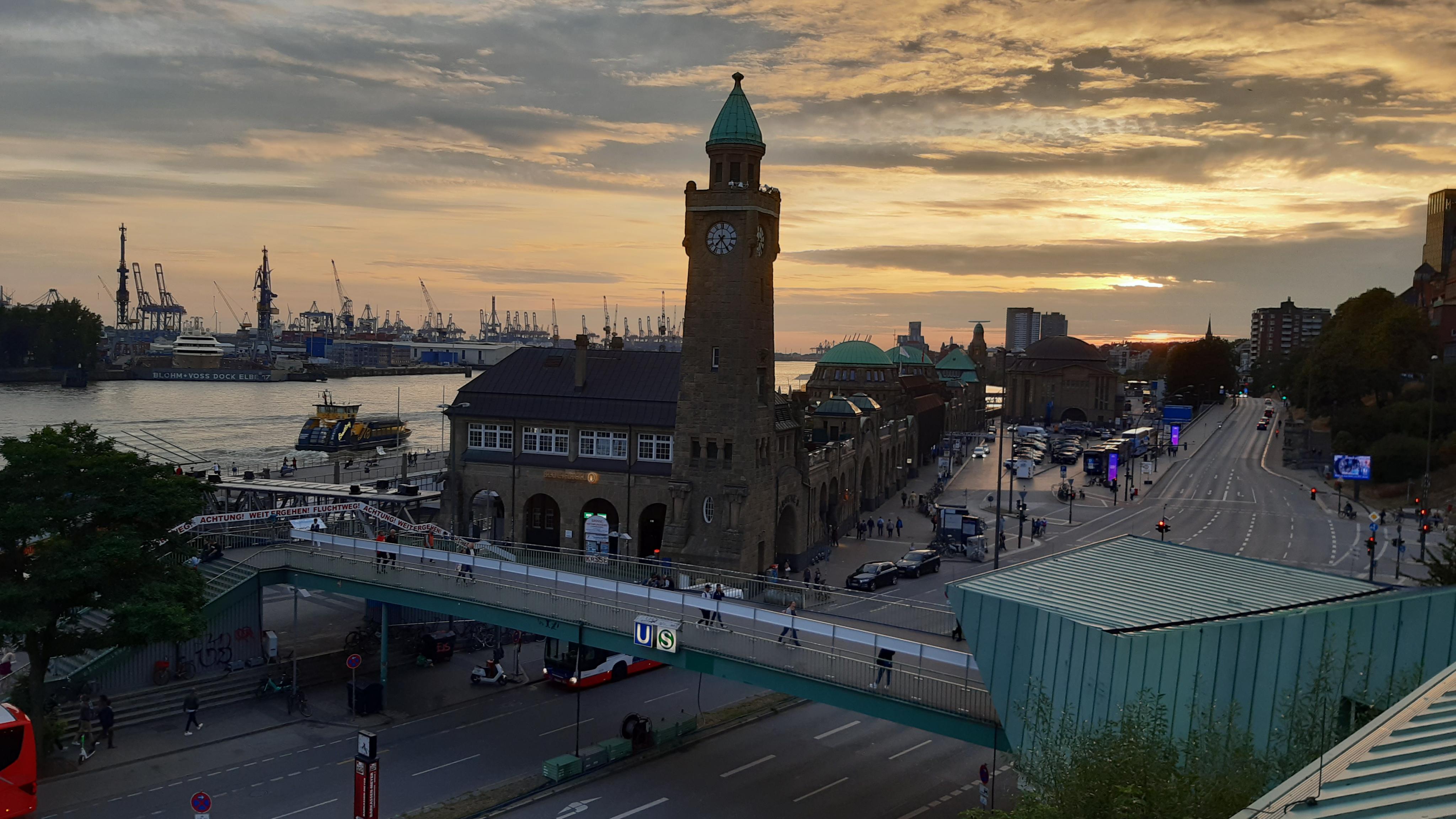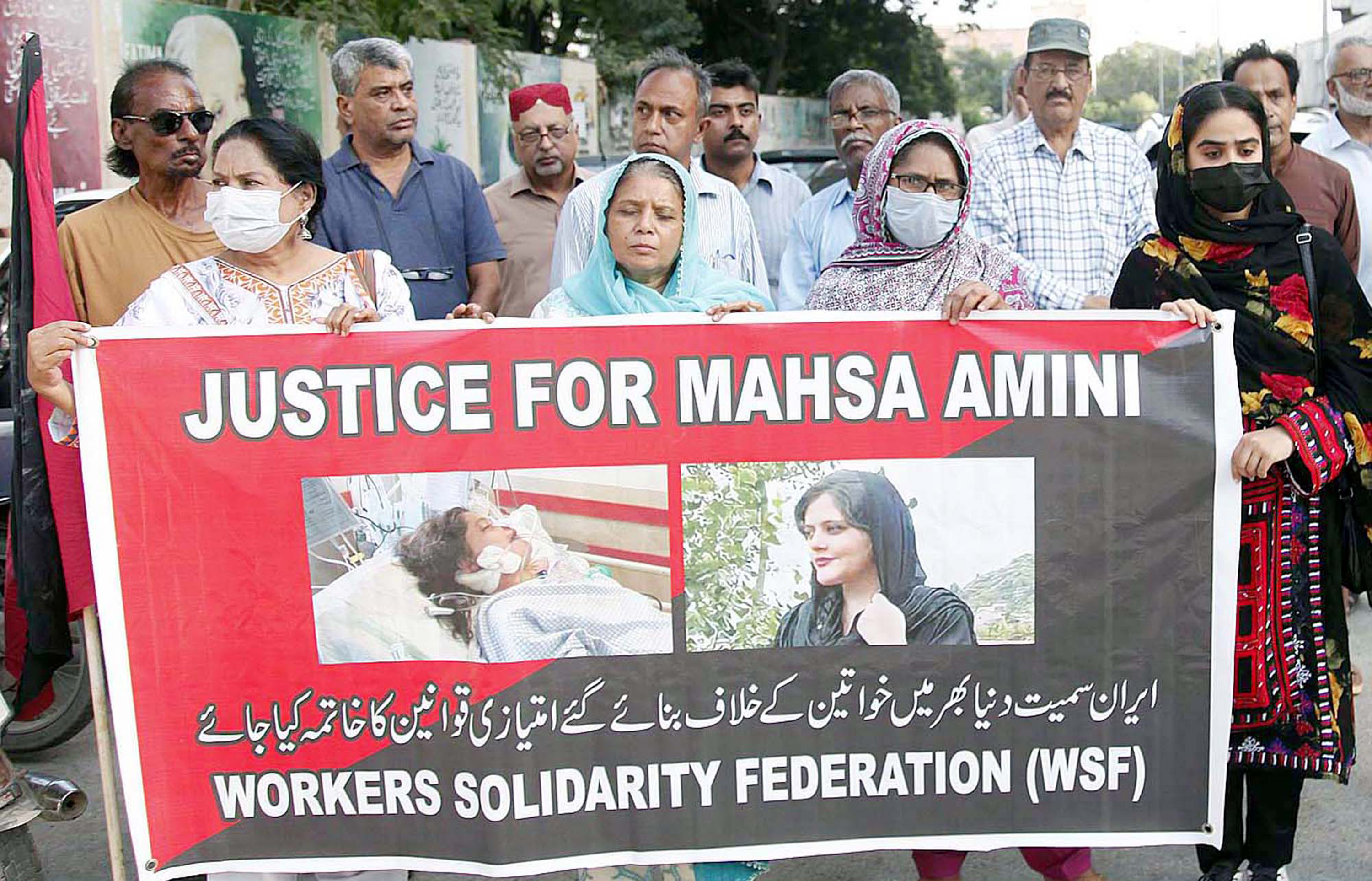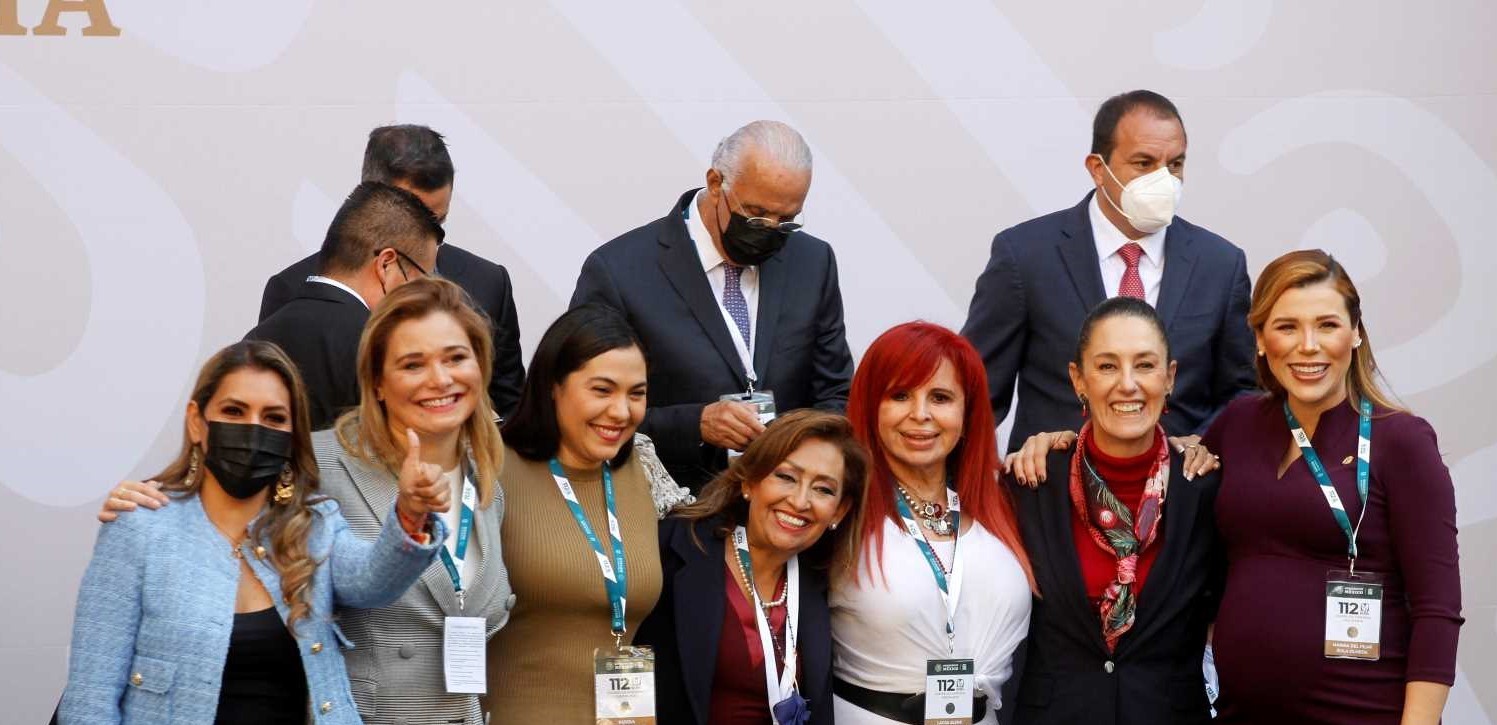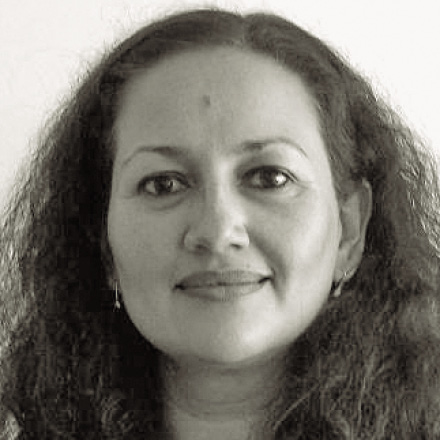Fundamental rights
Problems after the Arab spring
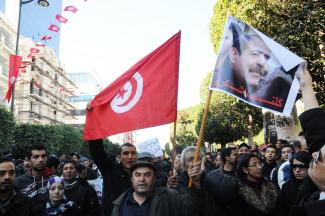
Two years after revolutionary uprisings began in many Arab countries, the original euphoria is over, writes Kenneth Roth, the director of Human Rights Watch (HRW). His essay in the 600-page thick report admits that it is not easy to build “a rights-respecting democracy on a legacy of repression”.
In Roth’s eyes, state institutions, an independent judiciary and a professional police are indispensable, but the governments of the nations concerned are not showing interest in respective reforms. “It is no surprise that a revolution’s victors do not want to hear about new restraints once they have finally found their way to power,” Roth argues. At the same time he insists: “Majority preferences in any democracy worthy of its name must be constrained by respect for the rights of individuals and the rule of law.”
According to HRW, the rights of women, minorities and dissenters are at risk in Arab countries. Egypt’s new constitution is taken as an example. It prohibits arbitrary arrest and torture, but not explicitly gender based discrimination. Beyond that, an additional clause demands that the government considers the duty of women when ensuring the compatibility of family and work life. This paragraph, HRW warns, may serve to undermine liberties that, in principle, are guaranteed by international human rights law.
The situation in Libya is assessed to be especially bad. HRW argues that the Libyan government cannot enforce human rights because of weak state capacities. The civil-society organisation criticises NATO members for not paying much attention to institution building after helping to bring down the Gaddafi dictatorship. As a result, HRW states, various militias are now free to abuse human rights.
In Syria, the Arab spring triggered a civil war. HRW blames western governments for failing to build up enough pressure to take this case to the International Criminal Court. The agency argues that doing so would have made it harder for China and Russia to veto a strong UN Security Council resolution on the matter. According to HRW, the abstentions of Brazil, India, Pakistan und South Africa compounded the situation, ultimately allowing human rights infringements to go on unpunished in Syria.
Outside the Arab world, political change does not necessarily mean progress on human rights either. HRW mentions Myanmar as example, where the main opposition party is legal once again and its leader, long-time detainee Aung San Suu Kyi, has become a member of parliament. According to HRW, however, she is not putting pressure on the military to stop war crimes against minorities in the country’s north, or even prosecute them.
HRW’s assessment of Indonesia is negative too. Though the country’s constitution guarantees the freedom of religion, minorities such as the Bahai, Christians and Shias are discriminated against, according to the new publication. Roth mentinos some 150 rules and regulations that infringe upon the rights of minority faiths. Moreover, soldiers, who commit human rights abuses, are said to have hardly any reason to fear prosecution.
In HRW’s view, each nation is responsible for shaping its own democratic future. Nonetheless, the activists want the international community to insist on the observance of human rights and the rule of law. UN principles should be enforced stringently, so that healthy examples are set. If all human rights abuses were always sanctioned coherently, HRW argues, pressure would build on governments to behave well.
